
Health & Medicine
Q&A: How could COVID-19 drugs work and what’s out there?
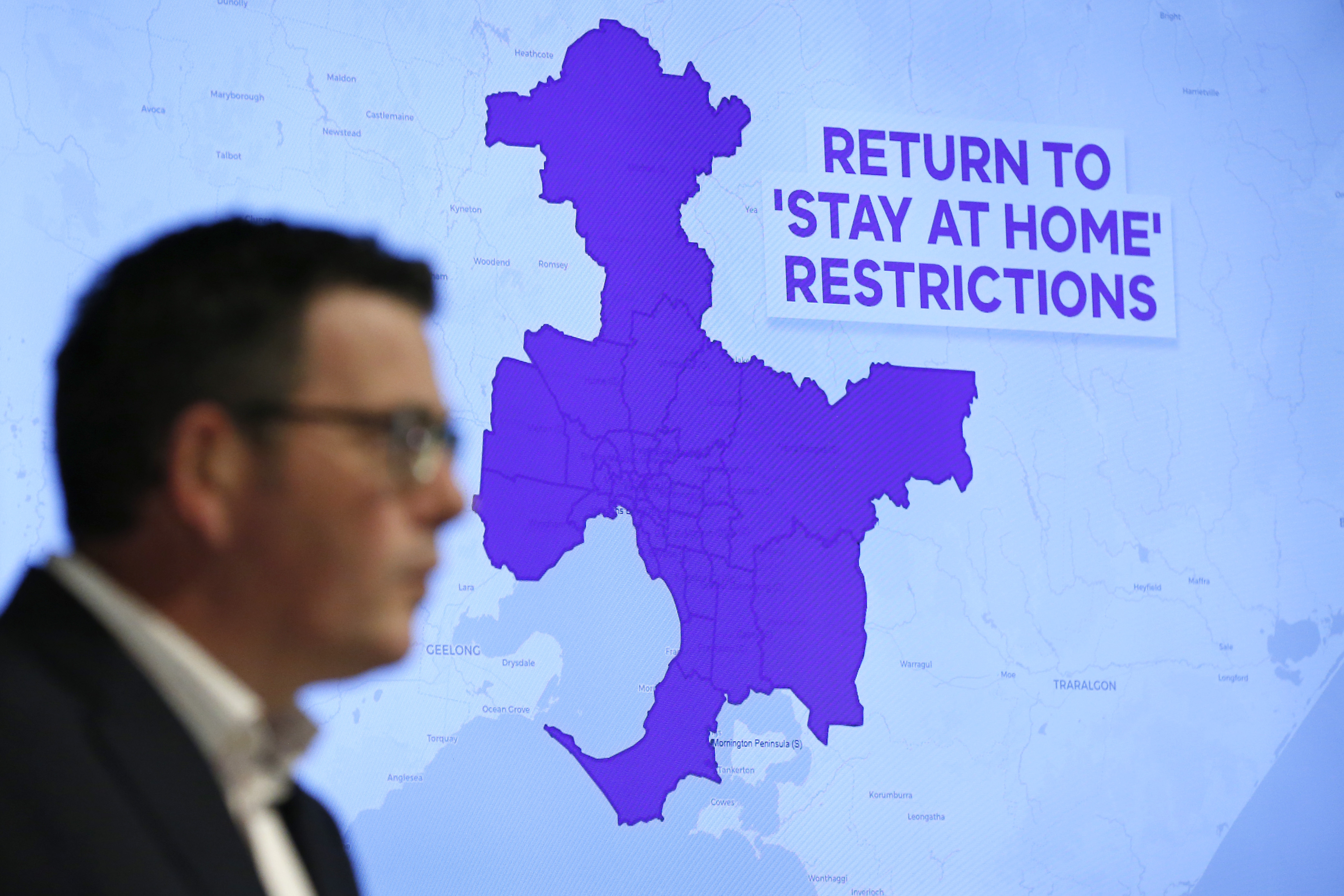
Just like a politician shouldn’t waste a good crisis, so Melbourne should not waste a lockdown
Published 9 July 2020
Victoria is the unlucky state in a very lucky country, where all other states and territories (with the possible exception of NSW) have achieved COVID-19 elimination. A great achievement.
It means those states and territories can go about life near normally, with an economy ticking along nicely. But Victoria is stuck in suppression land, dealing with the current outbreak – and more outbreaks in the future if we don’t eliminate the virus.
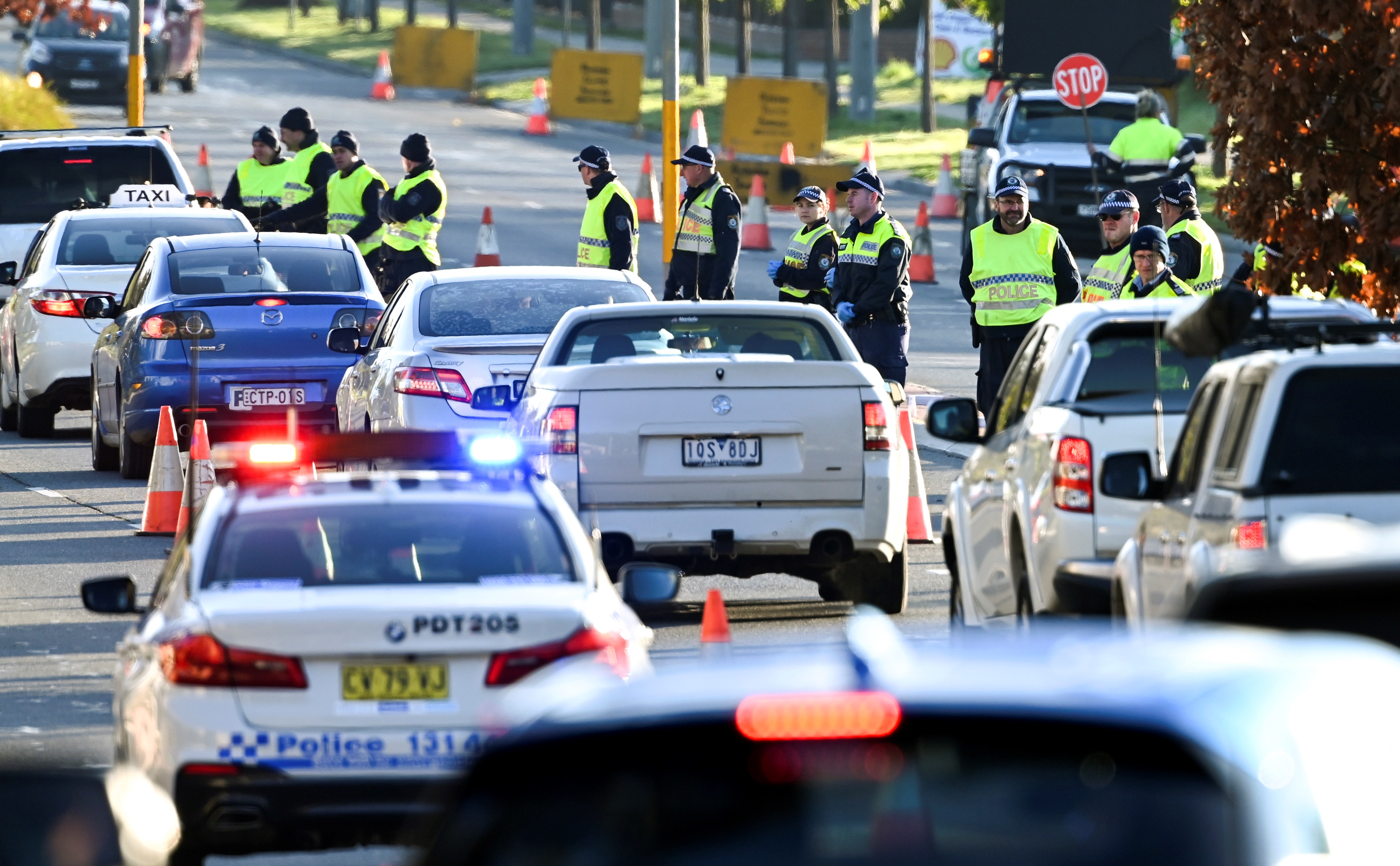
The new Melbourne lockdown is for six weeks. This is enough time to make good progress towards elimination.
Is going for gold and having a crack at eliminating the virus in Victoria worth it? I argue “yes”. The advantages would be that Victoria could rejoin the rest of Australia, New Zealand and other virus-free countries in an open travel bubble.

Health & Medicine
Q&A: How could COVID-19 drugs work and what’s out there?
If we don’t eliminate, then Victoria will be the pariah state till a vaccine hopefully arrives. The rest of Australia will just keeping moving ahead without us.
Is elimination achievable? Yes. If at least six other Australian states and territories, along with New Zealand can do it, so can Victoria.
But what are the downsides of going for elimination? Probably more pain now, for long term gain.
Victoria’s Premier Daniel Andrews should declare “elimination” as our goal. You may recall that Prime Minister Scott Morrison was indifferent about Australia’s goal two months or so ago, saying as a country we were following a “suppression/elimination” strategy. That worked pretty well. But now we need to be clear about our goal.
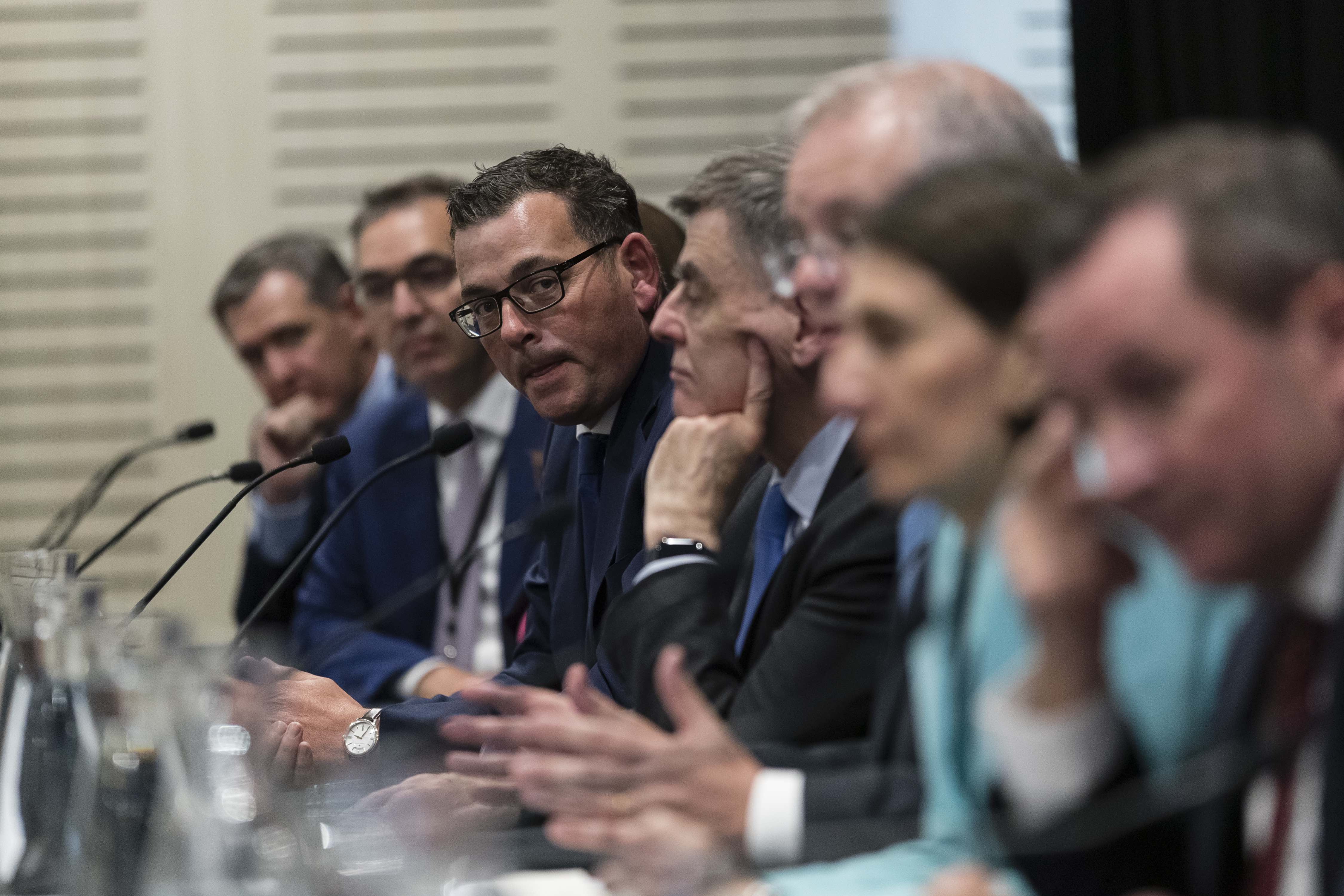
This will change the dialogue and zeitgeist. For example, when we get down to ten cases per day, rather than clamouring for opening up, Victorians should be excitedly saying “we are getting close, let’s keep going in lockdown and knock it on the head.”
Is our current stay at home for six weeks enough? The honest answer is “I don’t know”, as so much about the spread of COVID-19 can come down to chance. However, I suspect there’s a less than 50:50 chance of achieving elimination.
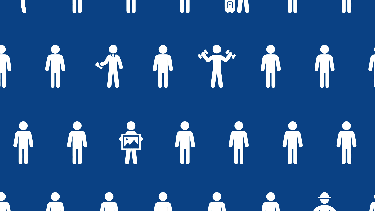
Health & Medicine
The science behind the search for a COVID-19 vaccine
So, what else would we need to do to increase our chances of eliminating COVID-19? Essentially, embrace the lockdown and go really hard. Specifically, do these extra things.
First, tighten the definition of essential workers. Unlike during the last lockdown, there shouldn’t be builders working on residential projects two houses up my street.
Second, don’t reopen schools. I am apologetic in saying this – I know how hard this is for parents. But while kids don’t usually get too sick from COVID-19, they still transmit the virus – from one family to the next. We need to stop this.
If as a society we decide that Years 11 and 12 still need to be in school, then how about all our boarding schools coming together so that Year 11 and 12 students can go into a boarding arrangement – rather than risking transmitting the virus between families. Last time around the private hospitals agreed to give over their facilities to the public health sector, so this time the private school sectors needs to do the same.
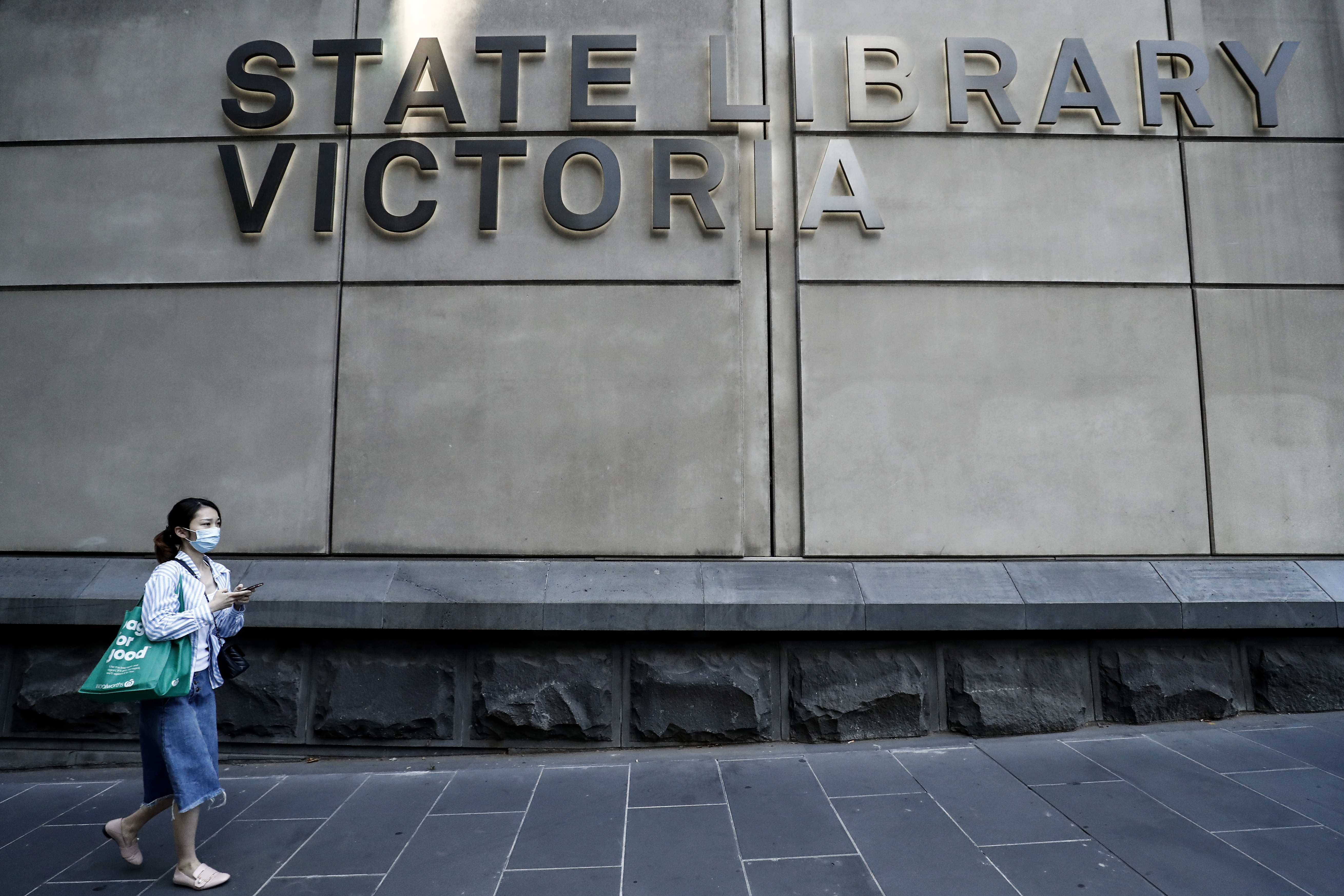
Third, all Melbourne households should have masks delivered to them in the next ten days. We need to mobilise the national stockpile now. All Melburnians should then be required to wear masks in busy indoor environments like supermarkets, and on public transport. The evidence is in – masks reduce the risk of transmitting the virus by 80 per cent or so, as shown in a Lancet paper last week.
While not a silver bullet on its own, combined with everything else it may be enough to get us over the line to eliminate the virus.
Fourth, all essential workers must wear masks. Your Uber eats delivery person, and the paramedic, are out there going from one locked down family to the next. An obvious potential vector to transfer the virus around. That risk needs to be minimised.
Fifth, the closing of shops should be more widespread. Department stores, hardware stores and the like. They need to close now. And stay closed at least until all staff, and all patrons, are wearing masks with mandatory hand sanitiser on the way in and the way out. And, of course, strong enforcement of physical distancing.

Health & Medicine
The dynamics of disease
Sixth, let’s convene an advisory group of experts who have pulled off an elimination strategy. For example, experts from NZ which had such an explicit goal of elimination and succeeded. I know them, I know their phone numbers – Premier Andrews and Chief Health Officer Brett Sutton, just call me.
Seventh, the rest of Australia wins too if Victoria eliminates the virus. Victoria needs federal support in terms of staff, facilities, and – yes – extensions to programmes like Job-Keeper to help Victoria through the pain. Also, essential staff in supermarkets and security staff patrolling the streets need good training, reimbursement and recognition. They are our frontline.
The above sounds tough. And it is. But what are the alternatives? Do we want to live in a pariah state, segregated off from the rest of Australasia, experiencing outbreak after outbreak till a treatment or vaccine arrives, enduring social and economic hardship all along the way? Or do we want to have a go at something better?
There is no guarantee that such an elimination strategy will work, but it has a good chance.
Victorians love their sport and like to bet on it too. Imagine I told you that I guarantee you this horse has at least a 50:50 odds of winning, and that if you bet $10 on it I will pay you out $100 if it wins.
You would be a fool not to jump at these good odds of a handsome pay-off.
Banner: Victoria Premier Daniel Andrews announcing fresh lockdown measures to combat COVID-19 spread. Darrian Traynor/Getty Images